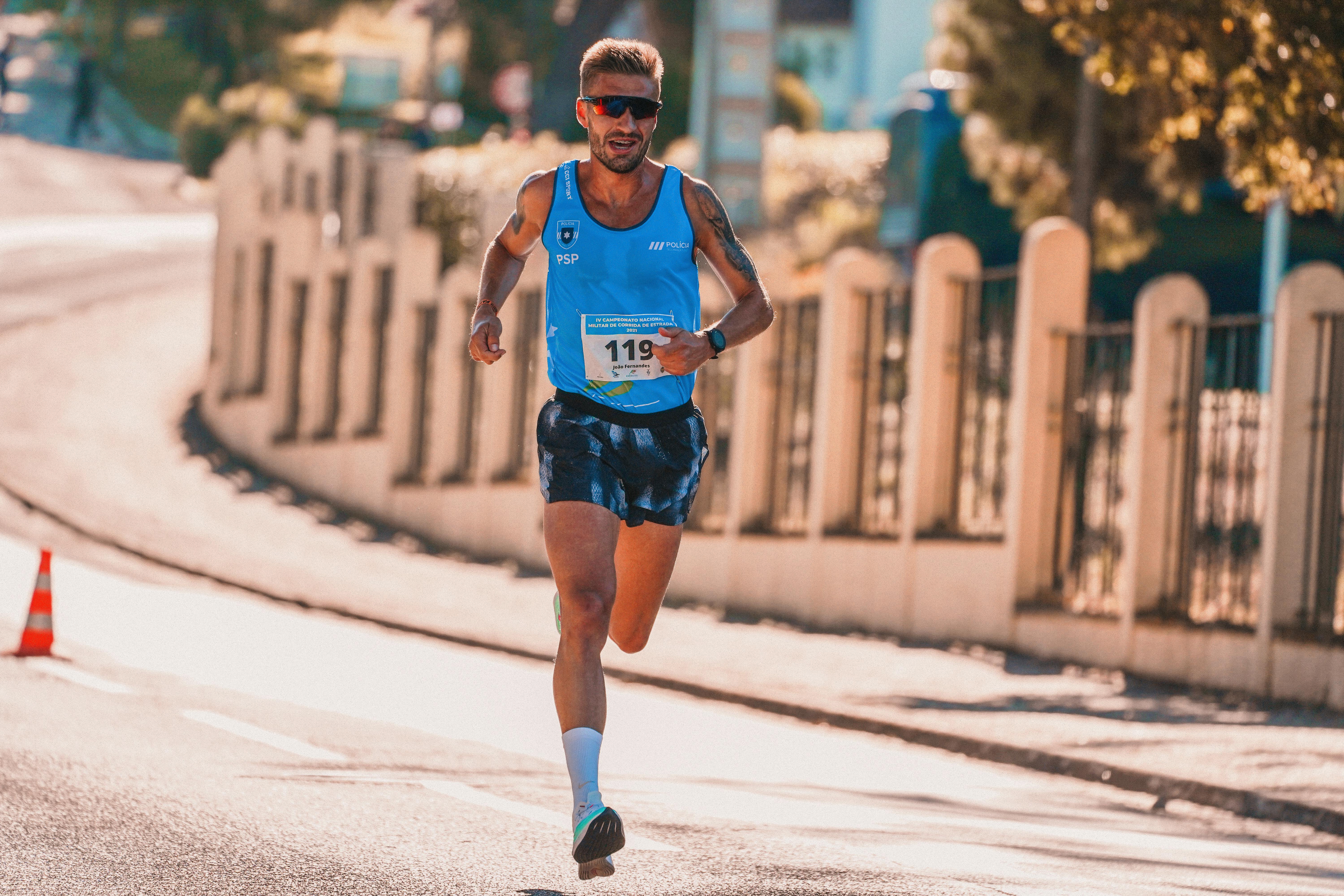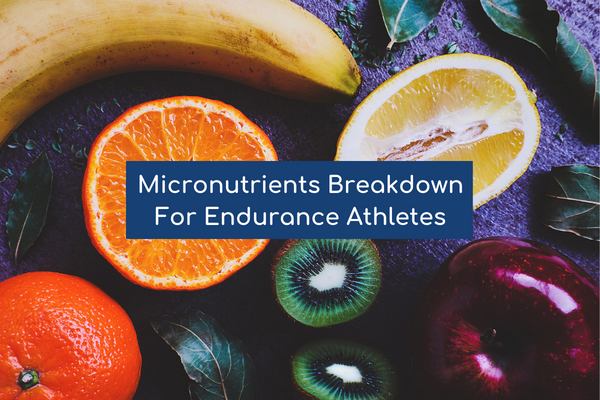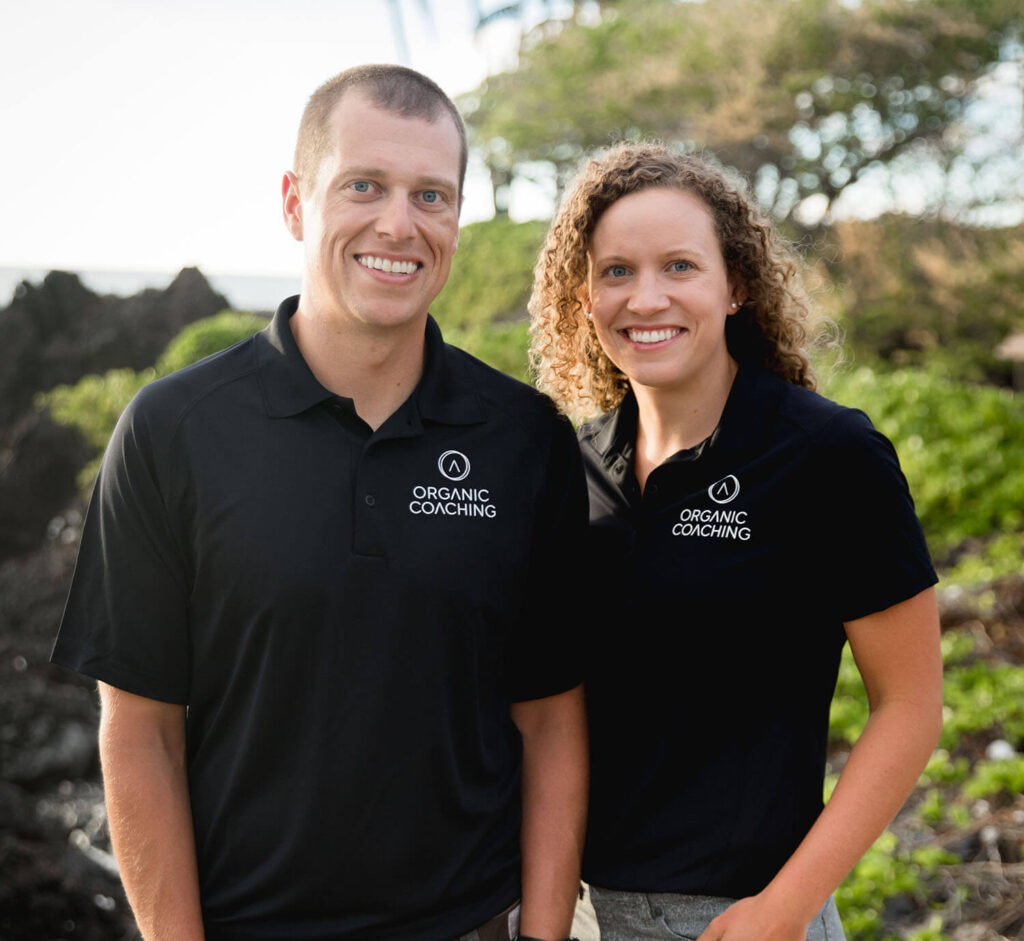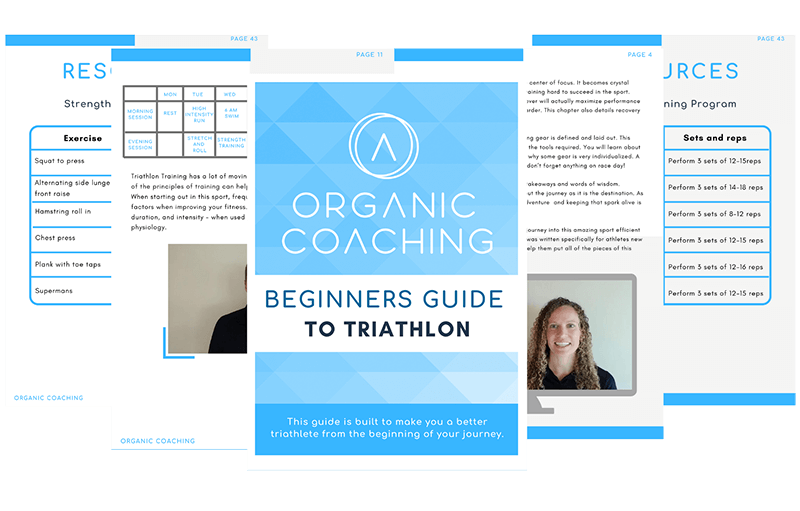

You often hear about your macronutrients – carbs, protein, and fat. However, you do not hear much about your micronutrients, or vitamins and minerals, you need as an athlete.
Micronutrients serve multiple functions in the body and work behind the scenes in energy production, bone health, metabolism, immunity, and performance, among other functions. As an athlete, you have a higher demand for micronutrients due to the physical stress and demand of exercise. There are guidelines for the general population on micronutrient needs per day, but, to date, there are no specific guidelines or recommendations regarding how much more you need as an athlete.
This is where lab work and blood analysis become increasingly important in athletes. It takes the guessing game out of “am I getting enough?” A deficiency in micronutrients is likely to cause negative side effects on performance such as lethargy/ fatigue, poor muscle recovery, or low bone density. Nevertheless, supplementation with vitamins and minerals is not indicated unless a deficiency is seen in your blood work. Keep in mind supplements are very concentrated forms of that specific vitamin or mineral and more of one nutrient is not necessarily better. Lab work and analysis can take the guessing out of supplementation.
I am going to break down key vitamins and minerals for athletes in regard to performance, energy, immunity, and bone health.
B12 is found naturally in animal products, which puts vegan and vegetarian athletes at risk for a deficiency. There are foods that are fortified for these athletes (below), but you want to be sure to check the food label to ensure you are getting the nutrients you need.
Food sources: beef, poultry, fish, shellfish, dairy, egg, breakfast cereal, nutritional yeast, plant-based meat alternatives (some are fortified; check food label)
This is well known for your eyesight + vision. It also acts as an antioxidant.
Food sources: liver, salmon, tuna, sweet potato, carrots, winter squash, leafy greens, mango, cantaloupe
Iron plays a crucial role in oxygen transportation throughout your body. Deficiency is common in endurance athletes and can cause fatigue and impact physical performance.
Food sources: leafy greens (consume with vitamin C), beef, turkey, salmon, liver, oysters, legumes, pumpkin seeds
Sodium is the primary electrolyte lost with sweat. Generally, you get plenty of sodium from your day-to-day nutrition. If you are a heavy sweater, training or competing long hours (> 2 hours/day), exercising in a hot or humid climate, or exercising at altitude, you may have increased sodium needs.
Food sources: animal proteins, soups/ broths, cottage cheese, bread, cereals, pre-made food products, sports nutrition products
Important for the metabolism of carbs and branched-chain amino acids (BCAAs). It plays a vital role in the growth and function of multiple cells.
Food sources: fortified cereals + bread, fish, pork, legumes, green peas, sunflower seeds, yogurt
Niacin works as a coenzyme for over 400 enzymes in the body that are important on converting nutrients to energy, creating cholesterol and fats, creating and repairing DNA, and acting as an antioxidant.
Food sources: red meat, poultry, brown rice, fortified cereal + bread, nuts + seeds, legumes, bananas
This vitamin benefits the central nervous system (CNS) and the metabolism of protein, carbs, and fats. It helps maintain a normal level of homocysteine, an amino acid, that is linked to inflammation + cardiovascular disease. It also plays a role in immunity.
Food sources: beef liver, salmon, tuna, poultry, chickpeas, fortified cereals + bread, dark leafy greens, oranges, papayas, cantaloupe.
Magnesium is well known as an electrolyte, but it is also a cofactor in over 300 reactions in our bodies. It plays a role in blood sugar balance, blood pressure, muscle growth and strength, and nerve conduction, to name a few. It is important in turning the foods you eat into energy (ATP).
Food sources: whole grains, leafy greens, legumes, nuts, dairy products
Zinc helps maintain a strong immune system and is important for healing wounds.
Food sources: seafood, beef, poultry, eggs, legumes, nuts, seeds, soy products
Food sources: citrus fruits (orange, kiwi, lemon, grapefruit), bell pepper, strawberries, tomato, cruciferous veggies (broccoli, Brussels, cabbage, cauliflower), white potato
A powerful antioxidant that protects the cell from oxidative damage + production of free radicals.
Food sources: almonds, peanuts/ peanut butter, pumpkin, sunflower seeds, oils (soybean, sunflower, safflower), greens (beet, collard, spinach), red bell pepper
Known as the sunshine vitamin! The amount absorbed from the sun varies by the season, time of day, cloud coverage, geographic location, and skin color. Vitamin D is important for the absorption of calcium.
Food sources: egg yolk, fatty fish (salmon, tuna, mackerel), beef liver, fortified OJ, fortified soy milk, fortified cereals
In addition to bone health, calcium is important for nerve function, muscle contraction, and the release of hormones.
Food sources: dairy products, leafy greens, soybeans, white beans, canned fish with bone-in, fortified products (orange juice, breakfast cereal)
It is very important to consult with your physician, provider, dietitian, or certified health professional before you begin supplementing. Over-supplementation can also be dangerous, cause negative side effects in the body, and inhibit the absorption of other key nutrients. Keep in mind, more is not better.
As I like to say, “test does not guess.” Lab work and analysis take the guessing out which supplements are or are not right for you and reduce the risk of over-supplementing with any micronutrients or any one nutrient.
If you are unsure of your vitamin and mineral needs or are feeling “off” it is worth consulting with a certified health professional that specializes in sports nutrition and/or has awareness around athlete needs for a personalized nutrition plan.
I am always here for you as a resource!
-Dana, Registered Dietitian Nutritionist
READ MORE: Recovery Nutrition For Triathletes


Carly and Tyler Guggemos built Organic Coaching in 2014 with a simple philosophy that works. The idea is to take what you have and grow it to get faster, fitter and stronger. And to do it with the time you have – not the time you wish you had.

For athletes who are ready to take their training to the next level while still thriving and succeeding in their professional and family life.
Copyright © 2024 Organic Coaching LLC